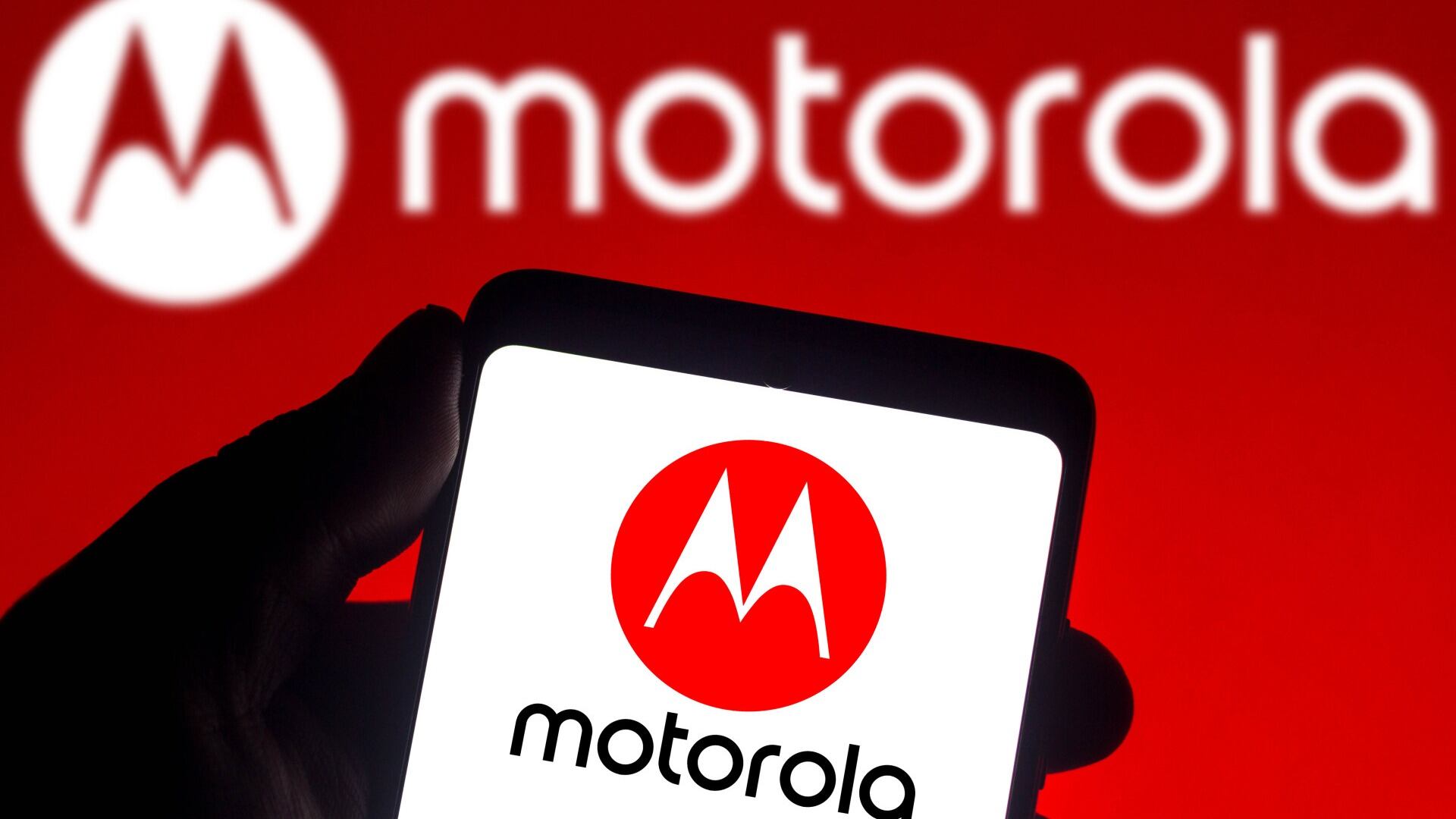The race to connect smartphone users with satellites just got a little more crowded. British mobile company Bullitt is releasing a satellite-enabled smartphone with 5G connectivity and a 6.6 inch-display. It will come in two versions: the Caterpillar-branded Cat S75 and the "rugged" Motorola Defy 2, which may be more familiar to North American outdoor enthusiasts.
"Adding assured connectivity with two-way satellite messaging broadens the appeal of the Motorola Defy 2 to anyone who finds themselves outside of traditional messaging coverage," said Dave Carroll, the vice president of strategic brand partnerships at Motorola. "We look forward to bringing the Motorola Defy 2 to a new segment of mobile phone users in the coming months."
The phone will be able to beam messages a distance of 22,000 miles to satellites orbiting above the equator, which will then be sent back down as standard SMS messages.
The upside for consumers is that their phones will now have connectivity in the large sections of the planet that still have limited or no connectivity.
This kind of satellite connectivity is becoming more common in the mobile market. Apple's iPhone 14 and iPhone 14 Pro models, for instance, allow Emergency SOS via satellite. Apple is also spending $450 million to expand its satellite networking infrastructure.
In addition, chipmaker Qualcomm is working with communications giant Iridium to bring satellite connectivity to Android phones using new Snapdragon chips.
"This is the definition of democratizing satellite communications and ensures customers are able to be in constant communication whenever they need it," said Dave Floyd, co-founder of Bullitt













